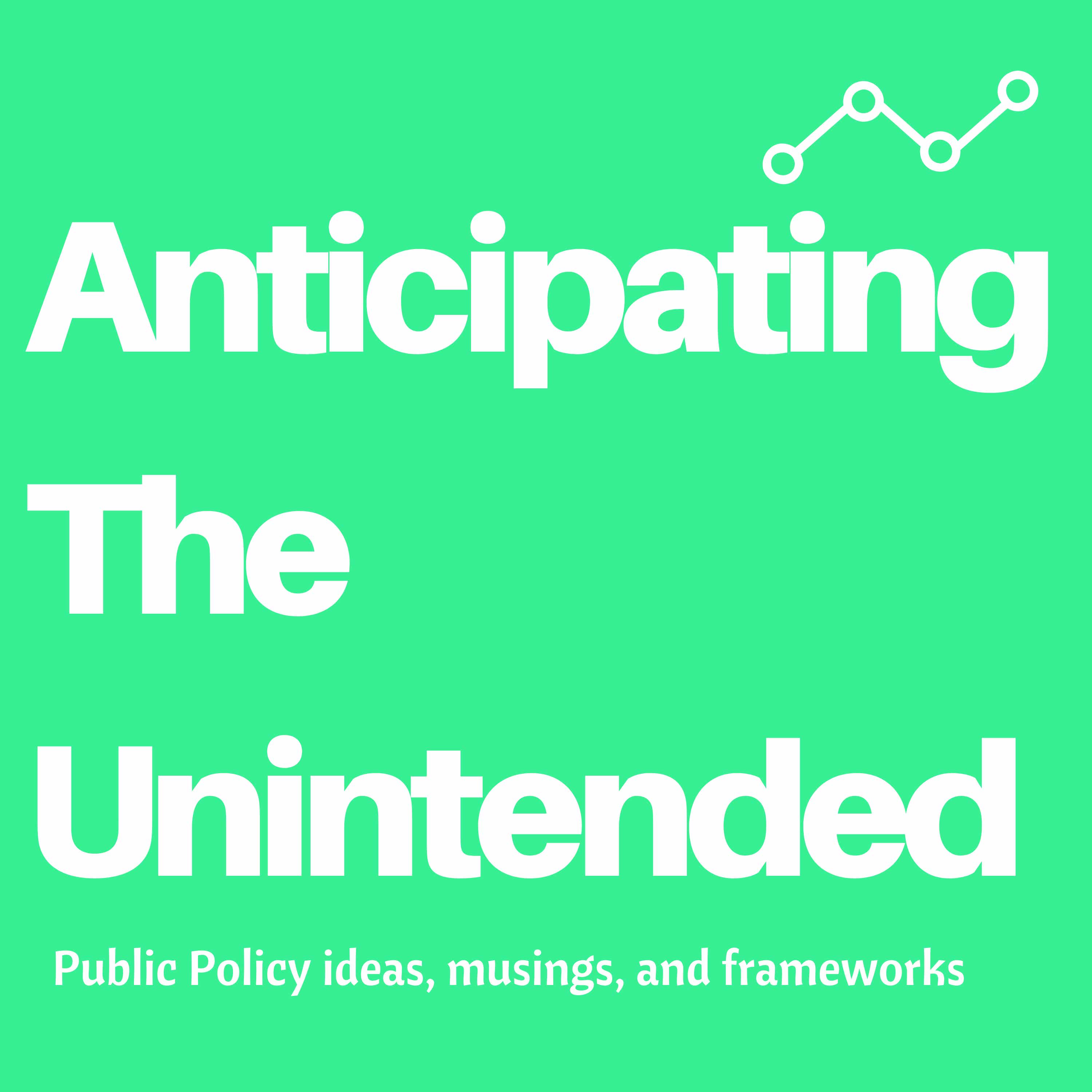#194 The e₹ is in Town
Description
Programming Note: A lighter edition this weekend because life happened of late-night football, missed flights, and several other things. Also, we will be away for a short year-end break. Normal service will resume on Jan 8, 2023.
Happy holiday season, everyone!
India Policy Watch: Digital Rupee (e₹-R) Is In Town
Insights on current policy issues in India
— RSJ
The RBI launched the first pilot for the retail digital Rupee this week. It is now among the select list of central banks that’s got a CBDC pilot going.
The RBI press release covers the plan for the pilot:
* The pilot would cover select locations in closed user group (CUG) comprising participating customers and merchants. The e₹-R would be in the form of a digital token that represents legal tender. It would be issued in the same denominations that paper currency and coins are currently issued. It would be distributed through intermediaries, i.e., banks. Users will be able to transact with e₹-R through a digital wallet offered by the participating banks and stored on mobile phones / devices. Transactions can be both Person to Person (P2P) and Person to Merchant (P2M). Payments to merchants can be made using QR codes displayed at merchant locations. The e₹-R would offer features of physical cash like trust, safety and settlement finality. As in the case of cash, it will not earn any interest and can be converted to other forms of money, like deposits with banks.
* The pilot will test the robustness of the entire process of digital rupee creation, distribution and retail usage in real time. Different features and applications of the e₹-R token and architecture will be tested in future pilots, based on the learnings from this pilot.
The obvious question that comes up is how’s a digital currency different from a transaction on UPI. The RBI Governor got into the explanation mode on this at the press meet.
Separately, in an earlier concept note, the RBI had outlined the two different types of CBDC it would pilot as part of this process:
Based on the usage and the functions performed by the CBDC and considering the different levels of accessibility, CBDC can be demarcated into two broad types viz. general purpose (retail) (CBDC-R) and wholesale (CBDC-W).
CBDC-R is potentially available for use by all private sector, non-financial consumers and businesses. In contrast, wholesale CBDCs are designed for restricted access by financial institutions. CBDC-W could be used for improving the efficiency of interbank payments or securities settlement, as seen in Project Jasper (Canada) and Ubin (Singapore). Central banks interested in addressing financial inclusion are expected to consider issuing CBDC-R.
Further, CBDC–W has the potential to transform the settlement systems for financial transactions undertaken by banks in the G-Sec Segment, Inter-bank market and capital market more efficient and secure in terms of operational costs, use of collateral and liquiditymanagement. Further, this would also provide coincident benefits such as avoidance of settlement guarantee infrastructure or the need for collateral to mitigate settlement risk.
About 18 months back, in edition #122, I wrote a fairly detailed piece about CBDC in the context of China running a pilot for digital Yuan. It will be useful to bring that piece up to contextualise the RBI CBDC pilot.
What’s Money?
As we have written in an earlier post, money performs three roles for us: it is a store of value, it is a medium of exchange, and it is a unit of measure. Through it, we save for the future, pay for goods and services and measure the value of very different things using a common unit. These roles mean anything that aspires to be a currency (the usable form of money) should have a relatively stable value over time and should be widely acknowledged as a store of value and unit of account among people. If it does so, the network effect takes over after a while, and it becomes a widely used currency.
Th
More Episodes
Prediction Time
—RSJ
In a year when countries as diverse as India, the United States, the United Kingdom, Russia, Taiwan, Pakistan and Palau go for their elections, it is tempting to go for an overarching theme for the year while looking ahead. Unfortunately, like these aforementioned elections...
Published 01/14/24
Published 01/14/24
Happy New Year
— RSJ
Happy 2024, dear readers!
We hope 2023 was good for all of you. If it wasn’t, we are glad that it’s behind you. We didn’t have too bad a 2023 ourselves. This newsletter went along swimmingly (or so we think) and we had our book ‘Missing in Action: Why You Should Care About...
Published 01/07/24


